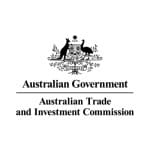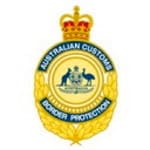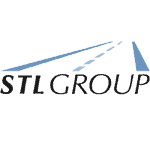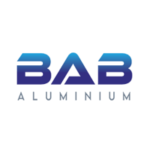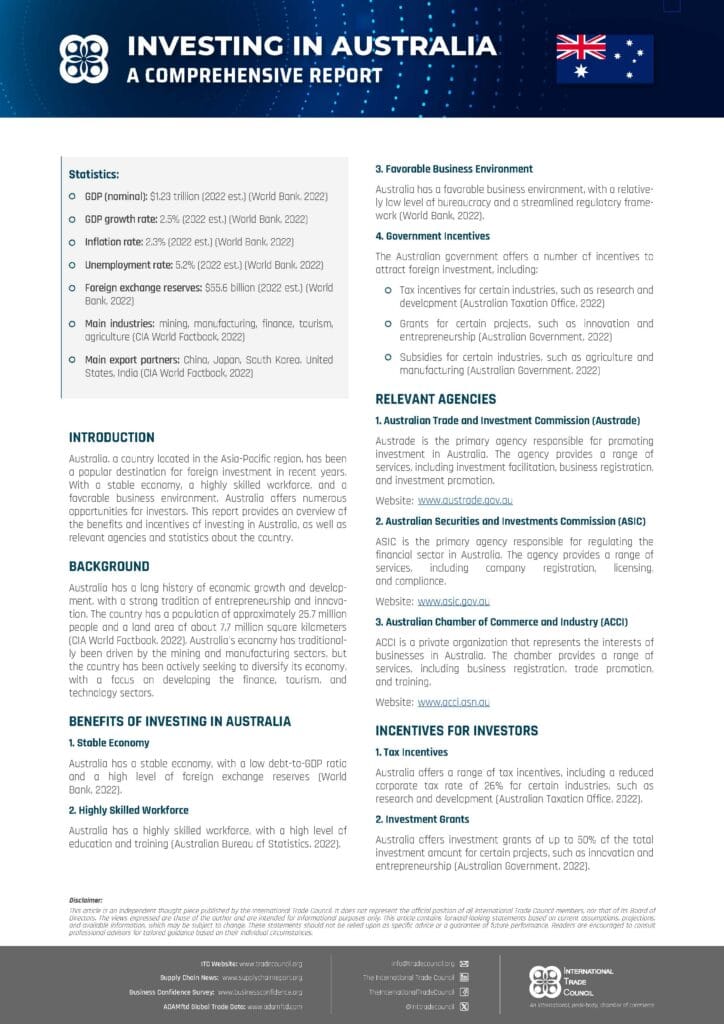- Type of Government: Federal parliamentary constitutional monarchy
- Population: Approximately 26 million
- GDP: Around $1.5 trillion USD
- Corporate Tax Rate: 30% (25% for small businesses)
- Personal Income Tax Rate: Ranges from 0% to 45%
- Major Exports: Iron ore, coal, natural gas, gold, education services
- Major Imports: Machinery, mineral fuels, vehicles, medical equipment, telecommunications equipment
Doing Business with Australia
A comprehensive guide to doing business, exporting, investing, and manufacturing in Australia.
Here’s a guide on how to export goods to Australia:
-
Research Market Requirements
- Identify demand for your product in Australia.
- Understand competition and local market trends.
-
Understand Export Regulations
- Familiarize yourself with Australia’s import regulations and tariffs.
- Ensure compliance with international trade laws.
-
Product Classification
- Determine the correct Harmonized System (HS) code for your product.
-
Prepare Documentation
- Gather necessary documents: commercial invoice, packing list, certificate of origin, and bill of lading.
-
Find a Local Partner
- Identify a local distributor or agent to assist with logistics and regulations.
-
Register with Australian Customs
- Ensure your business is registered with Australian customs authorities.
-
Comply with Standards
- Adhere to Australia’s product standards and labeling requirements.
-
Arrange Shipping and Logistics
- Choose a reliable logistics provider familiar with Australian imports.
- Decide on the mode of transport and manage insurance.
-
Customs Clearance
- Work with your local partner to manage customs clearance upon product arrival.
-
Secure Payment and Financing
- Establish a secure payment method.
- Consider export insurance or financing options if needed.
Key Contacts
- Australian Border Force
- Website: Australian Border Force
- Department of Foreign Affairs and Trade
- Website: DFAT
- Austrade (Australian Trade and Investment Commission)
- Website: Austrade
Here’s a guide on how to import goods into Australia:
-
Research Import Regulations
- Understand Australia’s import laws, tariffs, and any restrictions on your products.
-
Obtain Necessary Licenses
- Determine if your products require specific import licenses or permits.
-
Register with Australian Customs
- Ensure your business is registered with the Australian Border Force.
-
Classify Your Goods
- Use the Harmonized System (HS) code to classify your goods correctly.
-
Find a Customs Broker
- Hire a licensed customs broker to assist with documentation and regulations.
-
Prepare Required Documentation
- Gather necessary documents: commercial invoice, packing list, bill of lading, certificate of origin.
-
Ensure Compliance with Standards
- Meet Australia’s standards and labeling requirements for your products.
-
Arrange Shipping and Logistics
- Choose a reliable logistics provider and arrange for transportation and insurance.
-
Customs Clearance
- Work with your customs broker to ensure smooth customs clearance.
-
Payment of Duties and Taxes
- Calculate and pay any applicable import duties, taxes, and fees.
Key Contacts
- Australian Border Force
- Website: Australian Border Force
- Department of Agriculture, Fisheries and Forestry
- Website: Department of Agriculture
- Austrade (Australian Trade and Investment Commission)
- Website: Austrade
Here’s a guide on how to incorporate a company in Australia:
-
Choose a Business Structure
- Decide on the type of entity (e.g., Proprietary Limited Company).
-
Select a Company Name
- Ensure the name is available and complies with naming rules.
-
Register the Company
- Use the Australian Securities and Investments Commission (ASIC) online portal to register.
- Cost: Approximately AUD $506 for a proprietary company.
-
Obtain an Australian Business Number (ABN)
- Register for an ABN through the Australian Business Register.
-
Register for Taxes
- Apply for a Tax File Number (TFN) and Goods and Services Tax (GST) if applicable.
-
Set Up a Business Bank Account
- Open a bank account in the company’s name.
-
Understand Regulatory Obligations
- Familiarize yourself with ongoing reporting and compliance requirements.
-
Register for Additional Licenses
- Depending on the business type, apply for any necessary licenses or permits.
Key Contacts
Here’s a guide on how to set up a manufacturing plant in Australia:
-
Conduct Feasibility Study
- Analyze market demand, costs, and location benefits.
-
Choose a Business Structure
- Decide on the type of business entity (e.g., Proprietary Limited Company).
-
Register the Company
- Follow incorporation steps: register with ASIC and obtain an ABN.
-
Select a Location
- Choose a strategic location considering logistics, access to resources, and workforce availability.
-
Acquire Land and Permits
- Purchase or lease land and obtain necessary construction and environmental permits.
-
Design and Build the Facility
- Hire architects and contractors to design and construct the plant.
-
Install Machinery and Equipment
- Purchase and set up manufacturing equipment.
-
Hire and Train Employees
- Recruit skilled labor and provide necessary training.
-
Ensure Compliance with Regulations
- Adhere to safety, environmental, and labor regulations.
-
Register with Relevant Authorities
- Obtain operational licenses and register with local councils.
Key Contacts
- Australian Securities and Investments Commission (ASIC)
- Website: ASIC
- Department of Industry, Science and Resources
- Website: Industry Department
- Australian Business Licence and Information Service (ABLIS)
- Website: ABLIS
Here’s a guide on how to register a trademark in Australia:
-
Conduct a Trademark Search
- Use IP Australia’s database to check for existing trademarks and avoid conflicts.
-
Prepare Your Application
- Gather details about your trademark: logo, name, class of goods/services.
-
Submit Your Application
- File your application online through IP Australia.
- Cost: Starts at approximately AUD $250 per class.
-
Examination Process
- IP Australia examines the application for compliance and potential conflicts.
-
Publication and Opposition
- If approved, your trademark is published in the Australian Official Journal of Trade Marks for opposition.
-
Opposition Period
- Wait for a 2-month period for any oppositions. If opposed, legal proceedings may follow.
-
Registration and Issuance
- If no opposition or once resolved, the trademark is registered, and you receive a certificate.
-
Renewal
- Trademarks are valid for 10 years and can be renewed indefinitely.
Key Contacts
- IP Australia
- Website: IP Australia
Here’s a guide on resolving commercial disputes in Australia:
-
Negotiation
- Attempt to resolve the dispute through direct negotiation between parties.
-
Mediation
- Engage a mediator to facilitate discussions and reach a voluntary agreement. Mediation can be cost-effective and faster than court proceedings.
-
Arbitration
- If agreed upon, use arbitration for a binding resolution. Check if your contract includes an arbitration clause. Costs vary depending on the arbitrator and complexity.
-
File a Lawsuit
- If other methods fail, file a lawsuit in the appropriate court (e.g., state courts or the Federal Court for larger disputes).
-
Court Proceedings
- Present evidence and arguments before the court. This process can be lengthy and costly, depending on the case complexity.
-
Judgment
- The court issues a judgment which can be enforced legally.
-
Appeal
- If necessary, appeal the decision to a higher court.
Costs
- Mediation and Arbitration Fees: Vary based on the mediator/arbitrator and complexity.
- Legal Fees: Depends on the lawyer and duration of the case.
- Court Fees: Typically a filing fee based on the claim amount.
Key Contacts
- Australian Competition and Consumer Commission (ACCC)
- Website: ACCC
- Australian Centre for International Commercial Arbitration (ACICA)
- Website: ACICA
- Federal Court of Australia
- Website: Federal Court
Here’s an overview of key factors related to doing business in Australia:
Social Factors
- Language: English is the official language.
- Business Culture: Emphasis on direct communication, punctuality, and building relationships.
Cultural Factors
- Work Ethic: Australians value efficiency and a good work-life balance.
- Communication Style: Generally informal but respectful. Humor is often used in business settings.
Political Factors
- Government Structure: Federal parliamentary constitutional monarchy.
- Stability: Australia is politically stable with a strong legal framework.
Economic Factors
- Foreign Exchange: The Australian dollar (AUD) is the currency. Exchange rates can fluctuate, impacting international trade.
- Inflation: Moderate inflation rates can affect business costs.
Legal and Regulatory Environment
- Rule of Law: Strong legal system with transparent regulatory processes.
- Intellectual Property: Robust protection for patents, trademarks, and copyrights.
Infrastructure and Market Access
- Infrastructure: Well-developed infrastructure including transport and telecommunications.
- Trade Agreements: Australia is part of several free trade agreements, enhancing market access.
Relevant URLs
Ask our Experts on Doing Business in/with Australia
If you’re looking to do business or invest in Australia, we can provide expert guidance, market insights, and valuable connections to help you navigate the local landscape. Contact us today to discover how we can assist in making your venture a success.

